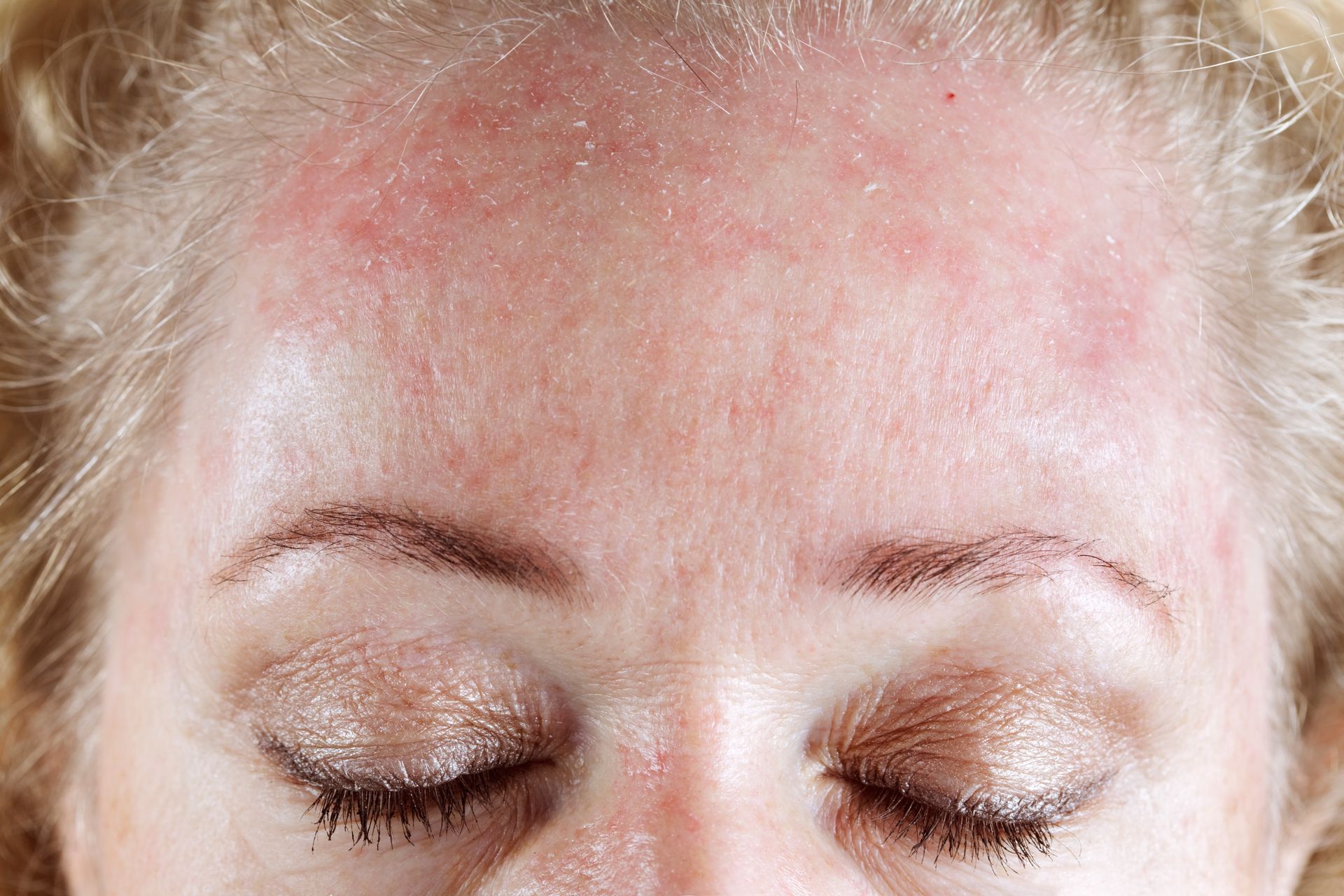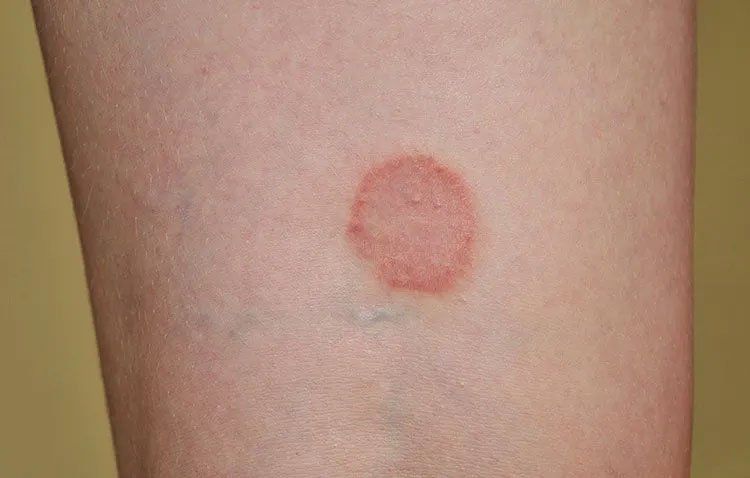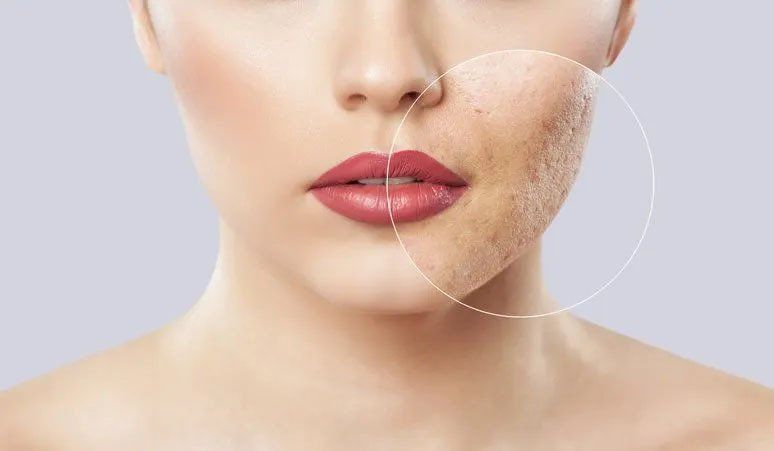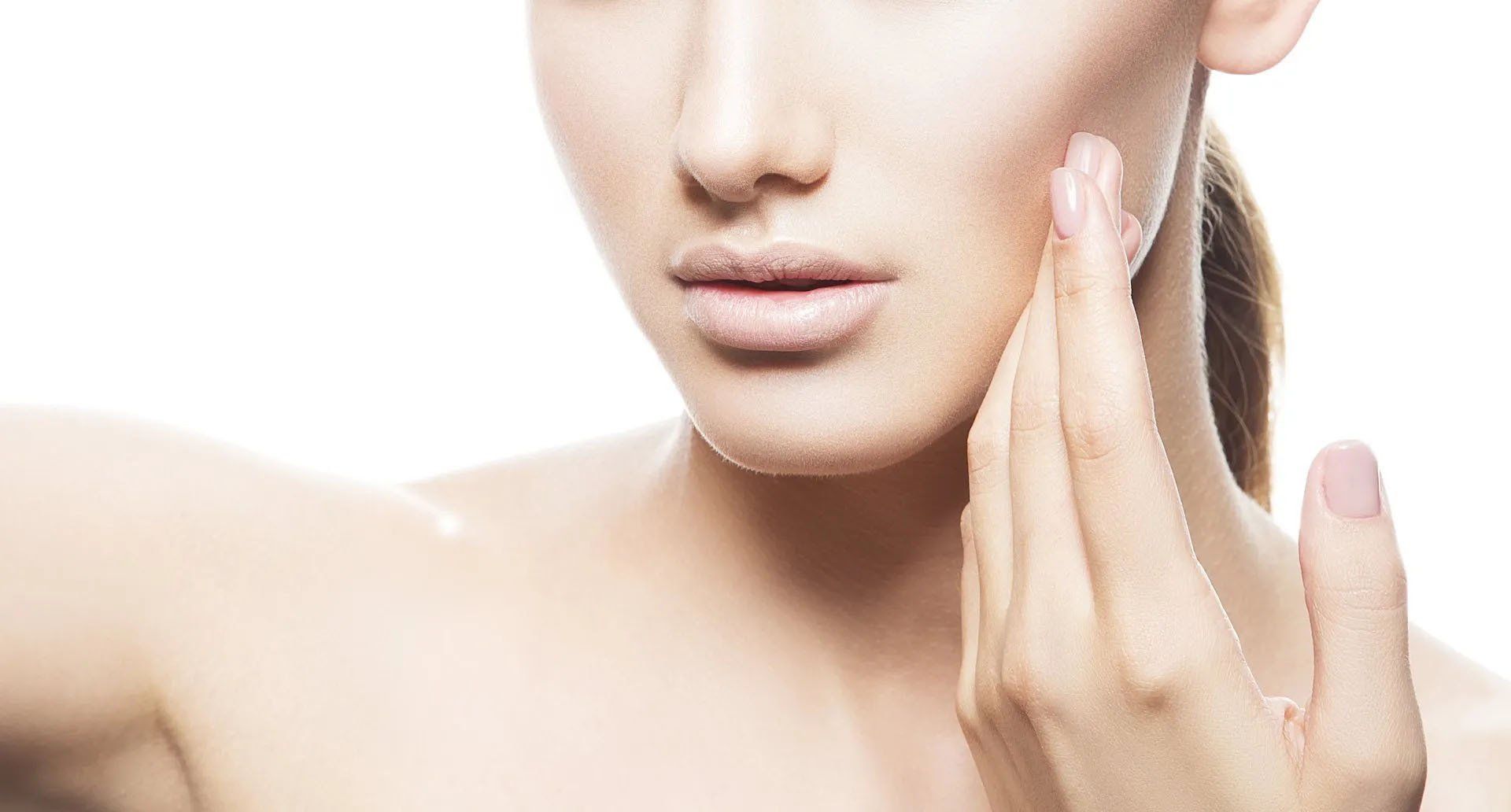Handwashing and Dry Skin: What You Need to Know
April 9, 2020
This is a subtitle for your new post
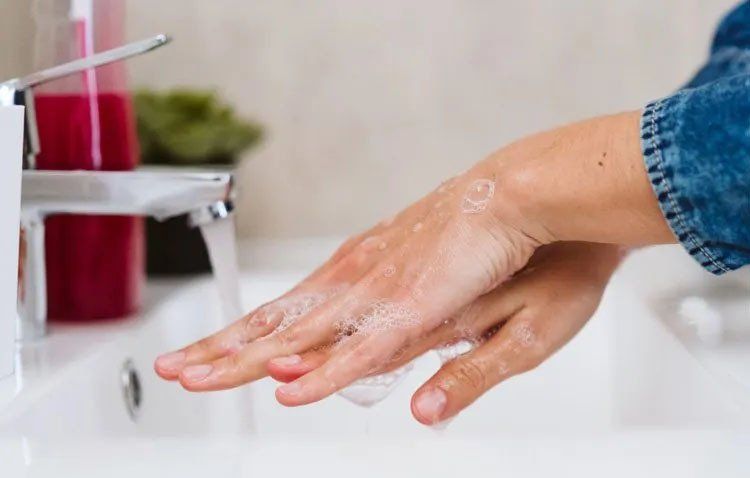
Does handwashing dry out your skin? If your hands are uncomfortable or cracked, take a look at what you need to know about this dermatological dilemma.
Do You Really Need to Wash Your Hands?
Your skin is dry, cracked, and red. Even though the dermal discomfort makes you want to stop washing, this isn't a healthy idea. While hot water and soap can dry hands, washing serves a serious purpose. According to the U.S. Centers for Disease Control and Prevention (CDC), handwashing is one of the top ways to avoid viral, bacterial, and other illnesses.
If handwashing-related dryness causes significant discomfort, irritation, or cracking/bleeding, you still need to continue this practice. But you can take steps to reduce the effects of dry skin.
Is the Dry Skin From Handwashing?
Before you assume the dry skin is from excessive handwashing, make sure you don't another underlying issue. In most cases, the more you wash your hands, the drier they become. But some patients may have other issues, such as eczema or allergies, that aggravate this issue. If you also experience redness, irritation, or flaking under other circumstances, talk to your dermatologist about additional causes.
How Can You Treat Dry Hands?
You can hydrate your hands and avoid the issues washing creates. Provided the dermatologist hasn't diagnosed you with an underlying skin condition (again, such as eczema or an allergy), you can reduce the effects with a moisturizing routine.
Over-the-counter creams and lotions can add moisture and soften your hands and treat mild dryness. Ask your dermatologist to recommend a moisturizer that will work best for your individual needs.
If your hands are extremely dry, the dermatologist may recommend a stronger moisturizing product or an ointment to stop cracking and peeling. According to the American Academy of Dermatology (AAD), products with lactic acid and urea can help the skin to hold in water. Even though these products may help to heal your dry hands, they can irritate cracked skin or eczema-related rashes.
Along with over-the-counter moisturizers, the dermatologist may prescribe a corticosteroid or an immune modulator medication. Not only can these topical medications soothe the skin, but they can also relieve itching, swelling, or redness caused by excessive handwashing.
Can You Prevent Dry Hands?
While you shouldn't stop washing your hands, you can reduce the effects of water and soap products. To decrease the likelihood of dryness, turn down the heat. You don't need to wash your hands in scalding water to stop the spread of disease. The CDC recommends washing with warm or cold running water.
Your soap choice can also affect the severity of dryness. A harsh cleanser can dry your skin, irritate it, or aggravate existing dermatological issues. The dermatologist can help you to choose a non-drying or moisturizing cleansing product.
After you wash your hands, blot them dry. Even though this won't prevent dryness, it can reduce abrasions or irritation. If your hands aren't dry or you don't see visible damage, you can still protect your skin with moisturizer. Not only can a moisturizer product hydrate your hands, but it also acts as a protective barrier to future dryness.
What Can You Do If the Dryness Doesn't Disappear?
You wash carefully with cool or warm water and a moisturizing cleanser. You blot your hands dry and you slather on a coat of cream. But your hands are still rough, dry, cracked, and chapped. What can you do? If you haven't already visited the dermatologist, the doctor is the first place to start. The doctor can evaluate your dryness issue and suggest a treatment plan.
Do you have dry skin? Contact Spartanburg Dermatology & Skin Surgery Clinic, P.C., for more information.
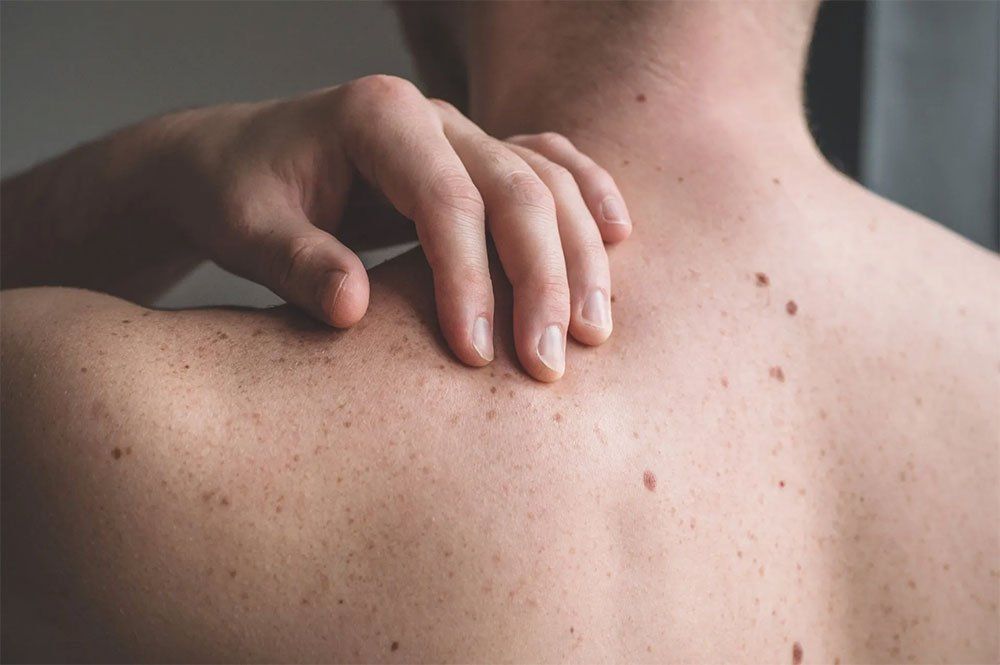
Your body is protected by your skin, which helps prevent damage to internal tissues and infection. However, the skin isn't impervious to disease and infection, and skin conditions are common at all stages of life. If you would like to learn more about your skin, check out these four skin diseases and conditions that are common in adults.
Skin tags develop in almost one-half of the adult population. While these elevated skin growths don't pose any significant health hazards, they can prove both uncomfortable and embarrassing, depending on their location. Fortunately, a qualified dermatologist can remove your unsightly skin tags safely and easily.
Lines around the eyes are almost impossible to hide. Makeup can sometimes make them more noticeable, and sunglasses are not acceptable to wear everywhere. A more effective solution is to learn the little habits that cause the lines to begin or worsen existing wrinkles. Additionally, use these four inexpensive and easy ways to reduce the risk of crow's feet and fine lines.
Lupus is an autoimmune disorder. If you have lupus, your immune system targets your tissue and organs. Unfortunately, you may suffer from skin rashes as your immune system attacks your skin. In fact, skin problems occur in 66 percent of patients with lupus, as noted by the Lupus Foundation of America. Fortunately, a dermatologist can help you combat the skin issues that arise from this disorder.
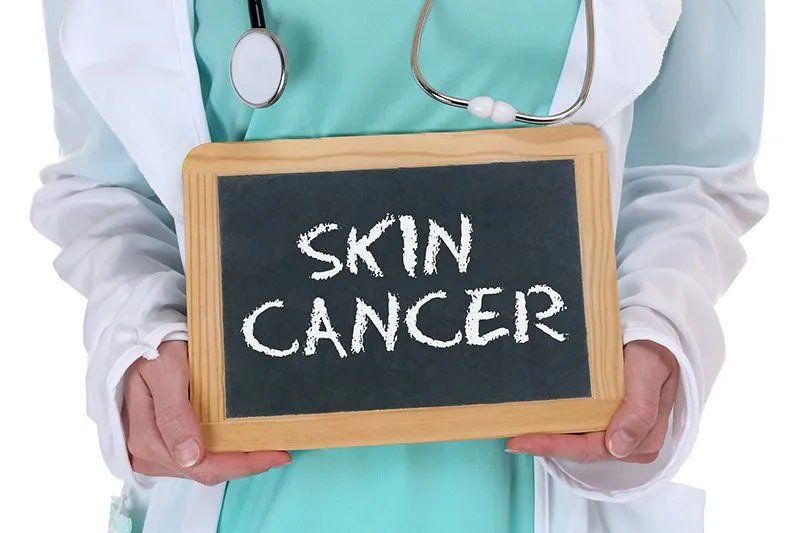
Skin cancer is the most common cancer in the United States, affecting one in five people in their lifetime, according to the American Academy of Dermatology. While some types of skin cancer can be treated effectively, other types, particularly melanoma, can often be fatal. Take steps to prevent skin cancer and reduce your risk.

